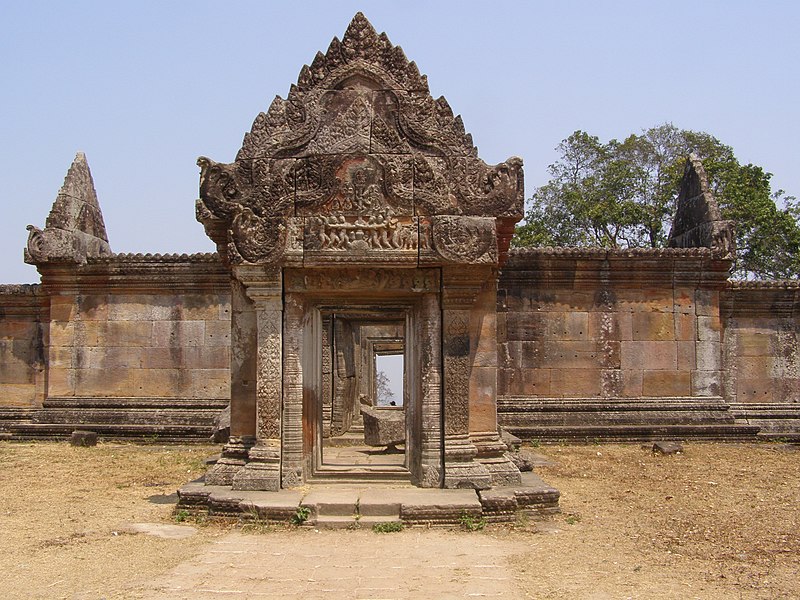Addressing the forum in Geneva, Deputy High Commissioner for Human Rights, Nada-Al Nashif also urged the Sri Lankan authorities to accelerate investigations and prosecutions probing cases of human rights violations, in particular, the 2019 Easter Sunday bombings.
Ms. Al-Nashif noted that investigations should comply with international human rights standards. Her comments follow repeated calls to the Government of Sri Lanka to establish an independent probe into the bombing campaign that left 269 people dead and additional 500 injured.
Socio-economic strife
Although the Government has implemented economic recovery policies, the country continues to be gripped by the aftermath of the deep economic crisis of 2022 and stresses in the global economy, the UN deputy rights chief said.
The legacy of that crisis “has impacted the poor and marginalized communities the most”, Ms. Al-Nashif explained, noting that another 2.5 million people had been driven into poverty between 2021 and 2022, while an estimated 37 per cent of households face acute food insecurity.
The Deputy High Commissioner emphasised that such hardship has given rise to tensions and further protests. These have also been sparked by issues of land acquisition in the north and east of the country for the expansion of military installations.
Tensions continue
The UN human rights body also heard that delays in holding local government elections combined with the laws that limit people’s right to political participation and protest had also increased tensions.
“Our Office continues to receive cases of misuse of tear gas and water cannons during demonstrations, affecting protestors and media personnel,” Ms. Al-Nashif said.
While recognizing the Government’s proposal for a new truth-seeking mechanism as part of efforts to promote reconciliation across Sri Lanka in the aftermath of a brutal civil war, she emphasised that more needed to be done.
“Fourteen years since the war ended, tens of thousands of victims and their families continue to suffer in agony and grief as they wait for truth, justice, and remedy, said Ms. Al-Nashif.
“Truth seeking alone is not sufficient and must be accompanied by clear commitment to accountability.”
‘Unproductive and unhelpful’: Sri Lanka responds
Sri Lanka rejected the OHCHR findings, its conclusions and recommendations relating to the two resolutions under which the UN rights office is mandated to investigate and report on the country.
In a statement, Sri Lanka said the report was an “unproductive and unhelpful drain” on resources, which did not reflect the situation on the ground, claiming that OHCHR had ignored the nation’s “democratic resilience”.





















Discussion about this post